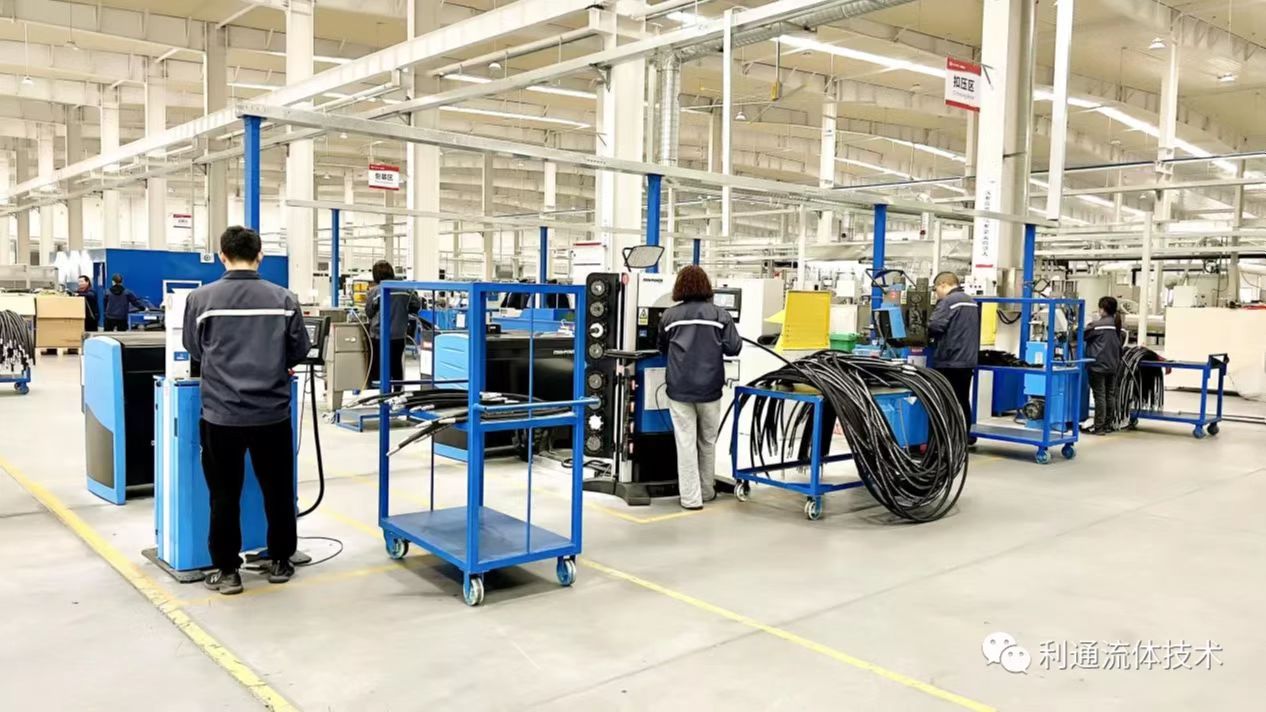Choosing the Right Rubber Pressure Oil Hose for Your Application
2023-04-06 09:42:34
Rubber pressure oil hoses are used to transfer fuels like gasoline, diesel fuel, and lubricants. It has three layers - the inner layer is flexible, the reinforcement layer is wired around to make it resistant to high pressure in hydraulic systems and the outer layer is like a cover that protects the hose from abrasion and environmental damage.
The right industrial hose is the one that meets your needs. This involves taking into account a number of factors such as media pressure, temperature, surrounding environment, flow rates, and flow rates. An optimized combination of hose components properly rated to meet your system requirements can result in significant maintenance and operational benefits.
The hose core is made of a material that is suitable for the application. This is then reinforced using a variety materials, such as stainless steel, fiber, or another material. The hose's performance characteristics at the end of its life, such as temperature tolerance and pressurization resistance, are affected by the choice of reinforcement materials.
Natural Gas and Steam
It is important to choose a high-quality hose design that can withstand the permeation and oxidation of natural gas at high pressure. In a standard rubber hose, these tiny molecules can easily penetrate the hose and accumulate in the system, which can lead to dangerous conditions.
Braided hoses are a great choice for transporting gas and steam. Braided hoses can resist kinking and are more durable than coiled options. They also reduce noise on machines, which is important to operator comfort and the health of the environment.
Oil Braided hose
There are several types of oil braided hose, depending on the type of oil to be conveyed. They are available in nitrile rubber, neoprene rubber, and fluoropolymer rubber. Each type is ideal for different types of applications and environments.
The rubber used in these hoses is highly resistant to abrasion and other elements, such as heat and ozone. These hoses are also very durable and have a life expectancy that is at least twice that of other industrial hoses.
Hoses that resist abrasion
Abrasion-resistant hose is a great option for conveying mineral oils, lubricants, or water-oil blends. They are used in many industries such as construction, mining, oil refining, and other related activities.
Moreover, these hoses are resistant to sunlight and aging. They are also MSHA-approved.
Gasoline hose
When conveying gasoline, it's essential to choose a hose that will handle both crude and refined gasoline. Refined gasoline contains a higher aromatic content than crude, which can soften the rubber compound in the hose and make it less durable.
In addition, it's important to choose a rubber hose that will be tolerant of the effects of pump gas additives, such as benzene or toluene. These compounds are commonly found in concentrations of 25 percent or more in pump gasoline, and can severely damage the life of a standard rubber fuel line.
Earl's Super Stock Hose is the best rubber hose for you if you need to be tolerant of these additives. This hose is a good, affordable upgrade to a standard rubber fuel line.